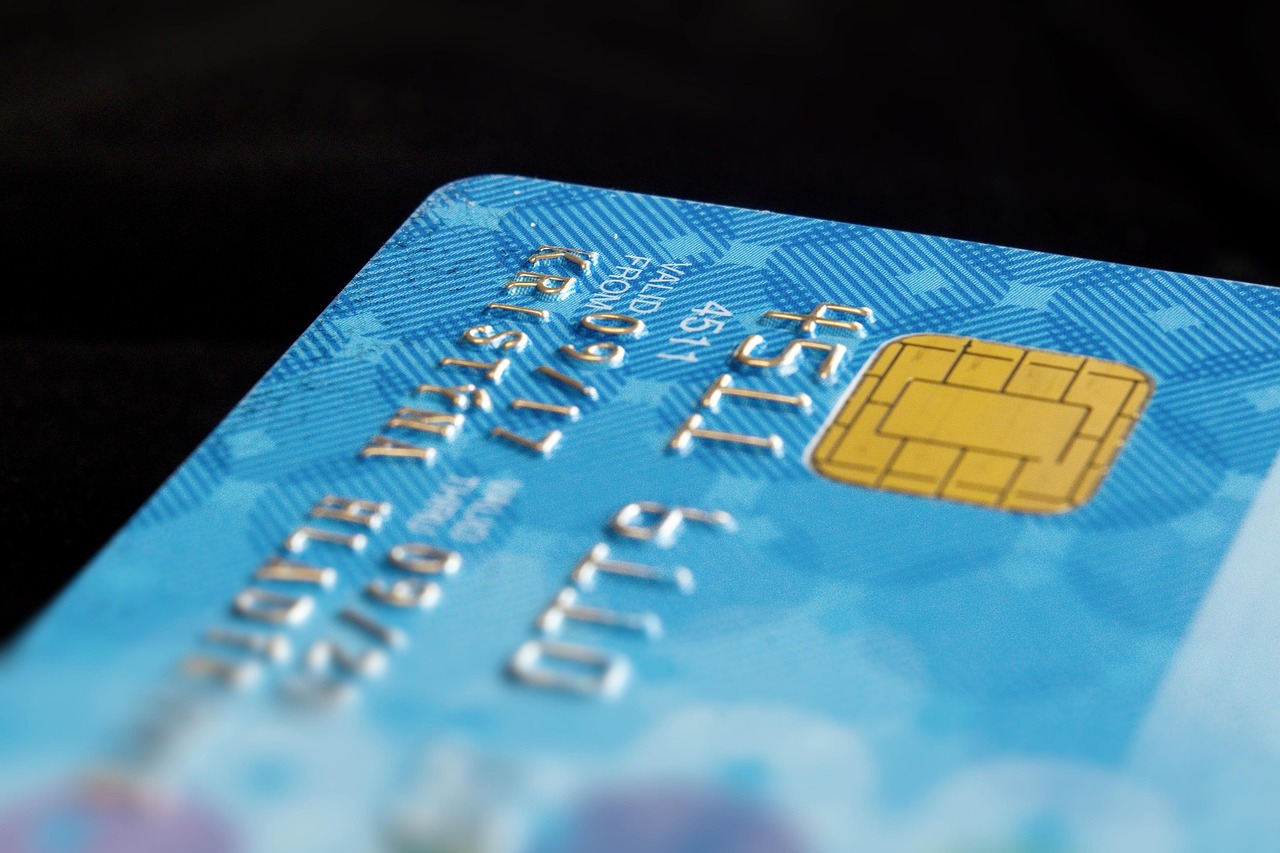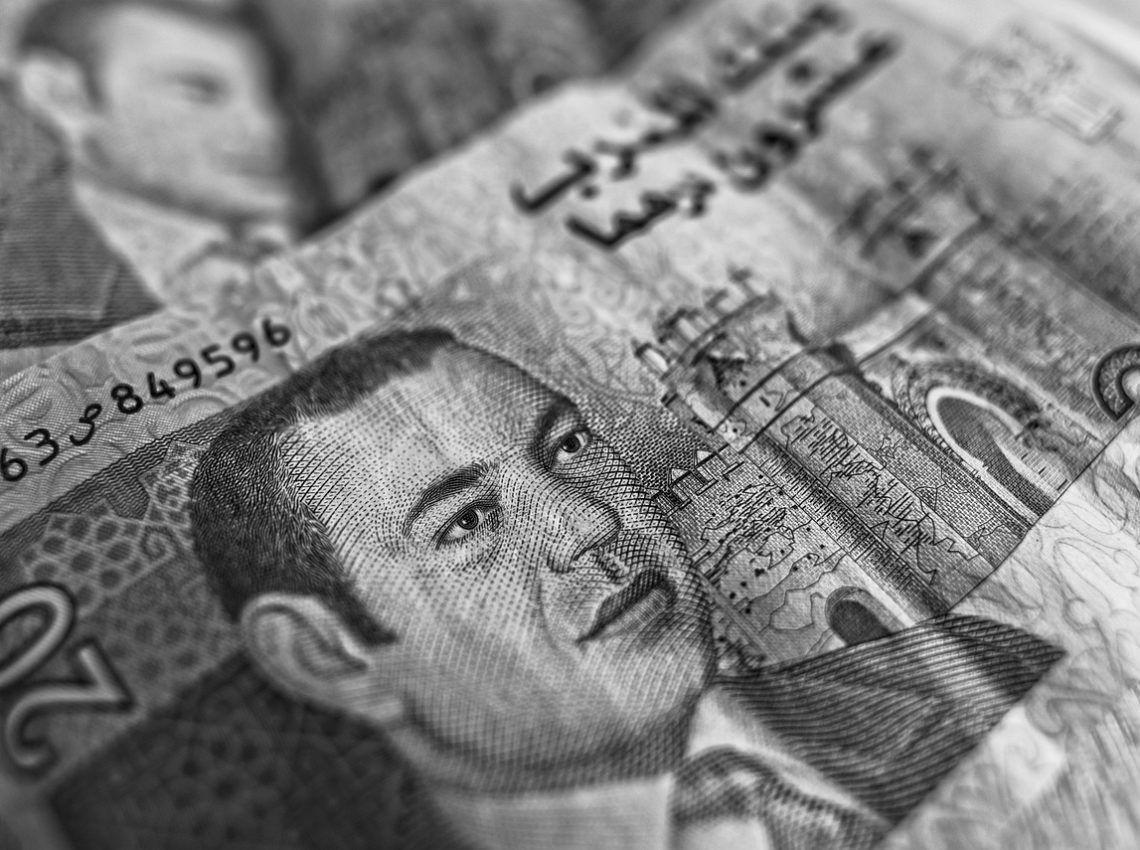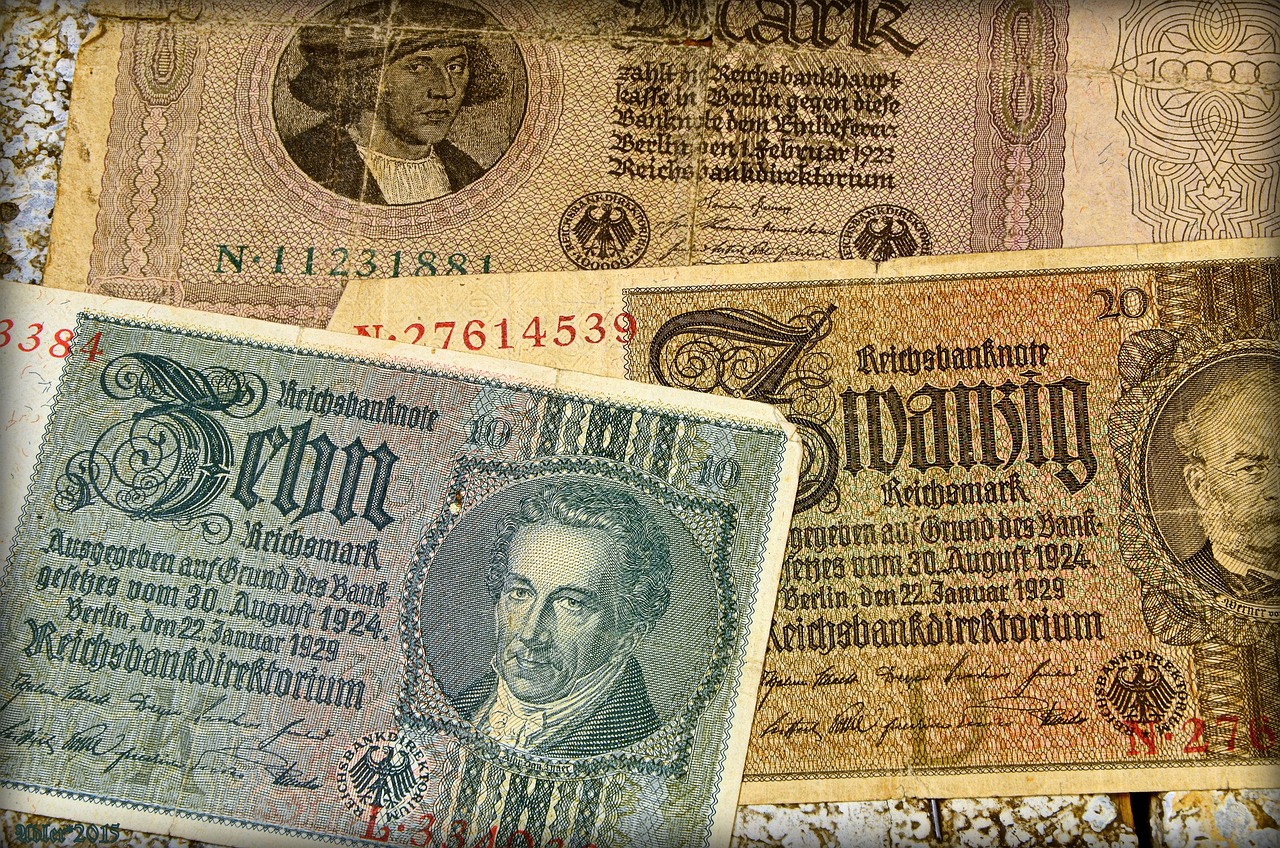Best Nft Marketplace — Latest Digital Collectibles Insights

Updated November 2025 — latest Best Nft Marketplace insights from as analyzed on Cypherhawk.io intelligence
The world of digital collectibles is expanding rapidly, and at the heart of this revolution are Non-Fungible Tokens (NFTs). NFTs have transformed how we think about ownership of digital items, ranging from art to music, virtual real estate, and even tweets. With the increase in NFT popularity, marketplaces have sprung up, providing platforms for buyers and sellers to trade these unique digital assets. In this article, we will explore the best NFT marketplaces, the importance of NFT wallets, the underlying blockchain technology, how NFTs work, and some common terms associated with this burgeoning market.
Understanding NFTs
What is an NFT?
An NFT, or Non-Fungible Token, is a unique digital asset that represents ownership or proof of authenticity of a specific item or piece of content, typically stored on a blockchain. Unlike cryptocurrencies like Bitcoin and Ethereum, which are fungible and can be exchanged on a one-to-one basis, NFTs are one-of-a-kind, making each token distinct and irreplaceable.
How Do NFTs Work?
NFTs operate primarily on blockchain technology, which serves as a decentralized ledger that ensures transparency, security, and ownership verification. The most common blockchain for NFTs is Ethereum, although others like Binance Smart Chain, Polygon, and Flow are also gaining traction.
1. Smart Contracts: NFTs are created using smart contracts, which are self-executing contracts with the terms directly written into code. They govern the creation, transfer, and management of NFTs.
2. Token Standards: Various token standards, notably ERC-721 and ERC-1155 for Ethereum, define how the NFTs function and interact within the blockchain. ERC-721 allows for the creation of individual tokens, while ERC-1155 enables the creation of both fungible and non-fungible tokens within a single contract.
3. Ownership and Transfer: Each NFT is uniquely identified, and ownership is recorded on the blockchain. When an NFT is bought, sold, or traded, the transaction is publicly recorded, ensuring that ownership history is transparent.
The Importance of an NFT Wallet
To buy and sell NFTs, you will need a compatible NFT wallet. An NFT wallet is a digital wallet that allows you to store, manage, and interact with your NFTs securely. Here are some features of the best NFT wallets:
Key Features of NFT Wallets
1. Security: High-level security features, such as encryption and two-factor authentication, are essential to protect your investments.
2. User-Friendly Interface: A good NFT wallet should have a straightforward interface that makes it easy for users to navigate.
3. Multi-Currency Support: The ability to hold cryptocurrencies in addition to NFTs expands the wallet’s utility, allowing transactions without converting currencies.
4. Compatibility: The wallet should be able to connect seamlessly with various NFT marketplaces for easy buying and selling.
Cypherhawk.io is one such platform that offers a versatile NFT wallet along with comprehensive solutions for managing and tracking digital assets.
Best NFT Wallets
– MetaMask: A widely used Ethereum wallet that supports NFTs. It’s versatile and connects to numerous NFT marketplaces.
– Trust Wallet: This mobile wallet supports a broad range of cryptocurrencies and NFTs, making it ideal for users on the go.
– Coinbase Wallet: This wallet provides a user-friendly interface and is backed by one of the most reputable exchanges in the crypto space.
Top NFT Marketplaces
Learn more about Best Nft Marketplace insights

NFT marketplaces serve as platforms for creators and collectors alike to buy, sell, and trade NFTs. Here’s a look at some of the best NFT marketplaces currently available:
1. OpenSea
Overview: OpenSea is by far the largest and most popular NFT marketplace, hosting a vast array of NFTs, including art, domain names, and gaming items.
Features:
– User-Friendly Interface: OpenSea’s intuitive design makes it easy for newcomers to navigate.
– Diverse Categories: Users can browse different categories or use advanced filters to find specific NFTs.
– Decentralization: OpenSea operates on the Ethereum blockchain, offering users true ownership of their assets.
2. Rarible
Overview: Rarible is a decentralized NFT marketplace that allows users to create, buy, and sell NFTs while also rewarding participants using its native token, RARI.
Features:
– User-Generated Content: Creators can mint their NFTs directly on the platform.
– Community Governance: RARI token holders can participate in governance decisions, giving users a voice in the future of the platform.
3. Foundation
Overview: Foundation is a more exclusive NFT marketplace that focuses on digital art and artists. The platform emphasizes artistic quality over quantity.
Features:
– Curated Marketplace: Only artists invited by existing members can mint and list their NFTs, maintaining a high standard of quality.
– Community Engagement: Foundation encourages community support by allowing users to follow their favorite artists.
4. Nifty Gateway
Overview: Nifty Gateway differentiates itself by collaborating with well-known artists and brands to release high-profile NFT drops, often referred to as “Nifties.”
Features:
– Fiat Payments: Users can purchase NFTs with credit cards, broadening access for those new to cryptocurrency.
– Timed Drops: Exclusive NFT drops create urgency and excitement among collectors.
5. Mintable
Explore the latest Best Nft Marketplace trends

Overview: Mintable is an NFT marketplace that allows users to mint their NFTs without any technical knowledge, making it accessible to a broader audience.
Features:
– Easy Minting Process: Users can create NFTs by simply uploading their digital assets and customizing them.
– Gasless Minting: Mintable offers a gasless minting option for creators, making it cost-effective.
6. SuperRare
Overview: SuperRare is a high-end NFT marketplace that focuses exclusively on digital art, promoting individual artists and showcasing limited-edition pieces.
Features:
– Artist-Centric: Each artist is vetted, ensuring that buyers receive high-quality work.
– Non-Traditional Auctions: SuperRare employs a unique auction format, allowing collectors to bid on artwork.
7. Binance NFT
Overview: Binance NFT is part of the Binance ecosystem, combining the trust of one of the largest cryptocurrency exchanges with a user-friendly NFT marketplace.
Features:
– Lower Fees: Competitive fees attract artists and collectors alike.
– Integration with Binance Platform: Users can trade their NFTs easily within the Binance ecosystem.
Why Choose a Particular Marketplace?
Choosing the right NFT marketplace can depend on several factors, including:
– Community and User Base: Larger marketplaces often provide better liquidity but may have more competition.
– Type of NFTs: Some marketplaces specialize in certain types of NFTs, such as art or gaming.
– Fees and Charges: Platforms have varying fee structures, which can affect profitability for creators and investors.
When exploring NFT marketplaces, it’s important to consider what each platform offers in terms of features, user experience, and community engagement.
The Future of NFT Marketplaces
Deep dive into Best Nft Marketplace research

The NFT marketplace ecosystem is rapidly evolving. As more creators and collectors enter the space, we can expect innovations that could change how NFTs are created, bought, and sold. Some future trends might include:
– Interoperability: The ability for NFTs to be used across different platforms could enhance their utility and increase market activity.
– Greater Centralization Among Brands: We may see large brands leveraging NFTs for marketing, leading to exclusive drops and experiences that boost collectors’ engagement.
– Environmental Concerns: With growing scrutiny around the environmental impact of blockchain technologies, NFT platforms may innovate in ways that reduce energy consumption.
Conclusion
The burgeoning world of NFTs offers numerous opportunities for creators, collectors, and investors alike. However, navigating this landscape requires an understanding of the technologies involved, the importance of secure wallets, and the variety of marketplaces available. Whether you are exploring OpenSea for the latest digital art or seeking emerging artists on Foundation, the right marketplace for you will hinge on individual preferences and objectives.
Adopting tools like those offered by Cypherhawk.io can further streamline the engagement with NFTs, making it easier to manage diverse digital assets efficiently. The NFT journey is still in its infancy, and as the industry expands, now is the perfect time to join the buzz surrounding digital collectibles.
FAQs about NFTs and Marketplaces
What is the difference between fungible and non-fungible tokens?
Fungible tokens are interchangeable and identical to one another, like currency (e.g., Bitcoin). Non-fungible tokens, on the other hand, have unique properties and cannot be exchanged for one another at equal value, making them suitable for representing ownership of unique items.
Can NFTs decrease in value?
Yes, like any other asset, NFTs can experience price volatility. Demand, popularity, and the intrinsic value of the item represented can all affect the value of an NFT.
How can I ensure I’m buying a legitimate NFT?
Research the marketplace and the creator of the NFT. Check the ownership and transaction history on the blockchain, and ensure you are using a reputable marketplace with a good track record.
What are gas fees in relation to NFTs?
Gas fees are transaction fees required to process operations on the blockchain, including the creation and transfer of NFTs. These fees can vary depending on network congestion and other factors.
Is it possible to sell an NFT later?
Yes, one of the primary appeals of NFTs is the ability to resell them on marketplaces. However, the resale price may vary based on demand and market conditions.
By understanding these aspects and more, you can navigate the digital collectibles space effectively and make informed decisions in your NFT journey.
🔍 Top Takeaways
- Security and regulation will define the next phase for Best Nft Marketplace.
- Continuous research at Cypherhawk.io reveals evolving crypto patterns.
- Investors are using AI analytics to enhance Best Nft Marketplace decisions.
Explore More from Crypto Experts
- Can NFTs decrease in value? — The answer to 'Can NFTs decrease in value?' relates to Best Nft Marketplace and its impact on modern crypto ecosystems.
- What are gas fees in relation to NFTs? — The answer to 'What are gas fees in relation to NFTs?' relates to Best Nft Marketplace and its impact on modern crypto ecosystems.
- Why Choose a Particular Marketplace? — The answer to 'Why Choose a Particular Marketplace?' relates to Best Nft Marketplace and its impact on modern crypto ecosystems.
- How Do NFTs Work? — The answer to 'How Do NFTs Work?' relates to Best Nft Marketplace and its impact on modern crypto ecosystems.
- Is it possible to sell an NFT later? — The answer to 'Is it possible to sell an NFT later?' relates to Best Nft Marketplace and its impact on modern crypto ecosystems.



